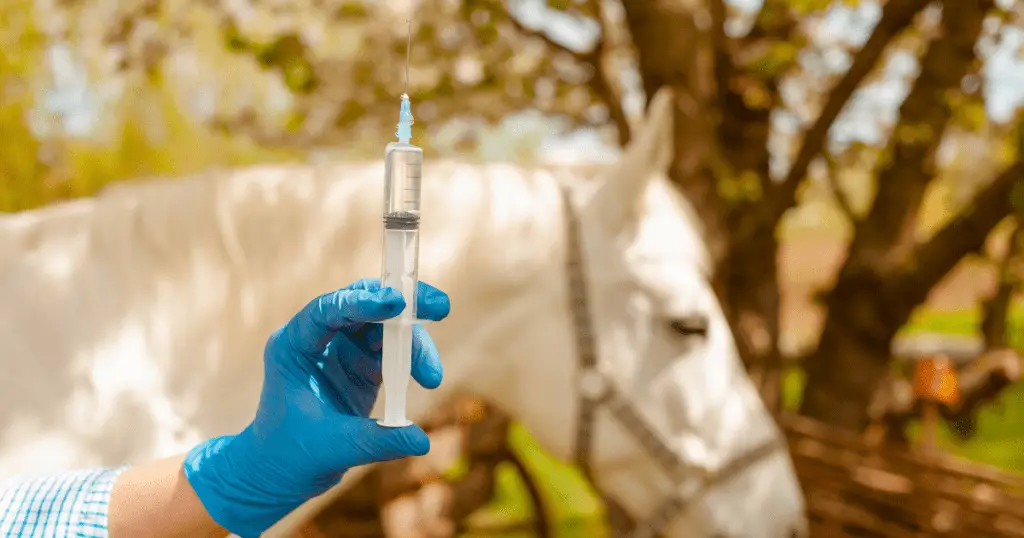What is Tetanus and why vaccinate?
A potentially deadly disease, Tetanus can persist in the environment for many years — placing your horse at risk of infection even at home. In this article, we discuss the importance of vaccinating your horse against Tetanus. The bacterium Clostridium tetani, which causes Tetanus, survives as spores in manure and soil where it gains access […]


